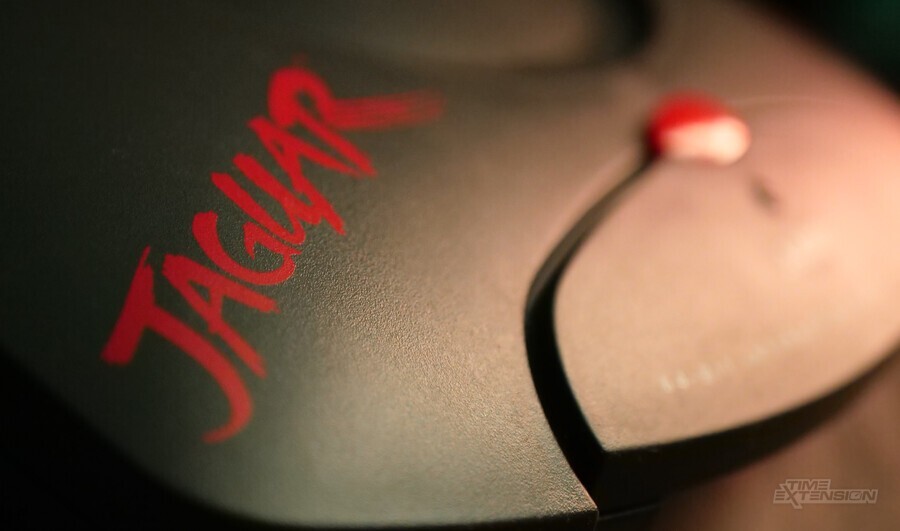
30 years ago today, Atari Corporation released its 64-bit Jaguar console – a final throw of the dice for the firm built on the foundations of the Atari 2600, Lynx and ST.
Pushed onto the market at a time when 16-bit consoles like the Genesis / Mega Drive and SNES were still selling in large volume, the Jaguar promised a new era of immersive 3D gaming, going toe-to-toe with the 3DO, which arrived at around the same time.
Despite the hype, the Jaguar was a commercial failure, with total worldwide sales believed to be less than 150,000 units. Its inability to secure a foothold in the market – despite titles like Alien vs Predator and Tempest 2000, and a deal struck with Sega which could have potentially seen its games on the Jag – would ultimately sink Atari Corp.
The company reverse-merged with hard drive manufacturer JTS Inc. in 1996, which duly offloaded Atari's assets to Hasbro Interactive in 1998. Since then, the Atari brand name has moved between various owners, with the current iteration proving to be one of the most successful. Atari recently purchased emulation specialist Digital Eclipse, which was responsible for the excellent Atari 50: The Anniversary Celebration on modern consoles, a curated compendium that even includes some Jaguar games.
Jeff Minter, who created what many consider to be the console's killer app, Tempest 2000, opened up about his love of the system when we spoke to him last year:
Maybe it wasn't for everyone, since at that time there was a general movement towards devs using C rather than writing straight assembly, and certainly once PlayStation came out I think devs came to expect hardware to do more of the lower-level stuff for them. But I was an assembly nerd and I loved nothing more than getting onto a new and experimental system and seeing what I could do with it, so I absolutely loved coding on the Jag. Between the RISC and the blitter you could do a lot more with it than anything I'd coded on before.
While the Jaguar was unable to reverse Atari's fortunes, it still has its fans – and some of them are even working on bringing new titles to the console, decades after it struggled to make its mark in the home console arena.
